

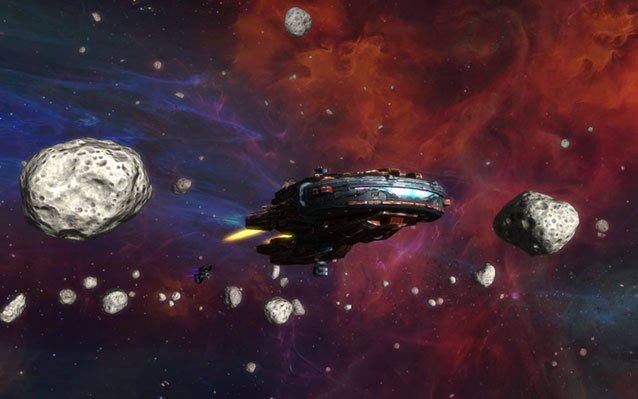
Diablo, Hellgate: London, Torchlight: the combined work history of Travis Baldree and Erich Schaefer is as much a developer’s pedigree as it is a resume. Together they form Double Damage Games, who recently revealed their upcoming space exploration title Rebel Galaxy. A departure from their RPG-heavy past, the game will send players roaming through dozens of galaxies, encountering various colorful factions and engaging in battleship warfare.
Recently we got a chance to talk with them about their new studio and what life is like following their success with Runic Games' surprise hit Torchlight, as well as what’s in store for Rebel Galaxy. Read on!
Was it difficult leaving Runic following the success of Torchlight, or was it just a necessary part of the "starting over" process in moving on from your RPG-heavy past? Obviously Rebel Galaxy is a huge departure from your former work. Do you find that traces of your experience in RPG games has inspired or influenced Rebel Galaxy, or have you completely started from scratch?
Erich: This answer would probably be different for both Travis and I because it's so personal, but I didn't find leaving Runic and Torchlight to be that difficult. For the first time in my career it felt reasonable to declare success and move on. The hardest part was not working with my brother Max for the first time in over 20 years, but we're still very close. I love the Runic team, and I loved working on Torchlight, but the opportunity to make Rebel Galaxy was too engender second thoughts.
Rebel Galaxy still has a ton of similar RPG elements that I've been exploring for a long time, but with an obvious twist that makes it fresh for me: my first space game! Loot drops, combat balance, progression curves, economies, quests, interfaces, etc. are all still very familiar and exciting to me with this game. That's my jam!
Travis: It's hard to leave something you've invested so much energy into, and people that you've become friends with. But it was also something of a relief to leave the responsibility of steering a full studio in someone else's capable hands. To be honest, I felt guilty about it, because you feel a lot of responsibility to the people you work with. In the end, for me, departing had less to do with 'what' we were developing, and more to do with 'how' we'd be doing it. As Erich says, there's a hell of a lot of RPG and randomization in here :) Although I think we've made some weirder, bolder decisions we might not have made as part of a larger group.
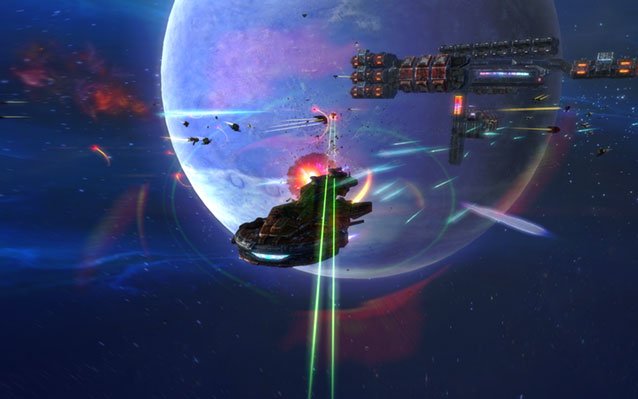
In an interview with Polygon, you stated a desire to cultivate a player experience of "warmth and intimacy that will pull at the player’s heart strings" in Rebel Galaxy. However, the game also has combat-focused elements that seem to focus on interplanetary war. How will you reconcile these two ideas within the game? How do you get the player to both appreciate and form bonds with the various cultures within the game, while at the same time facilitating a conflict-driven narrative?
Erich: I suspect we were referring to the warmth and intimacy of our space environment as an aesthetic direction, especially as compared to many other popular space games. Instead of a cold and isolated "void", we're trying to make our space-scapes lush and full of color and features. You won't feel lonely in Rebel Galaxy. Our solar systems are unrealistically crammed with trade convoys, pirate ambushes, miners, anomalies and battles just off on the horizon a bit. Its easy to spot this stuff on your ventures and we want to entice the player to go investigate.
But we've also used similar terms to describe the combat, which has a very tactile, "crunchy" feel. Intimate in the sense that you feel close to the action, especially with rumble effects on a controller. So it's hard to articulate but it's another way we try to describe our game, which is neither a dog-fighting shooter nor a strategic command simulator.
What I'm pretty sure we didn't mean is warmth and intimacy through character interaction. While some of our NPCs might be humorous or maybe even darkly lovable, we're creating a galaxy pretty chock full of scoundrels. Most everyone's looking out for number one, trying to make a fast buck or just survive another cargo run.
The game's primary advancement system is economic; you need to make money to upgrade to bigger and better ships fitted with bigger and better components, engines, shields, lasers, etc. It's up to you, the Captain, to figure out how you want to make money. So far you can run cargo (buy low and sell high), mine asteroids, collect bounties, or be a pirate yourself. More relevantly, you can do missions for various factions, which leads to our other advancement system: faction reputation. By doing missions for them, you can improve your standing with alien, pirate or guild factions, making money and unlocking new ships and equipment.
Travis: For me, the warmth comes from the 'lived-in' future universe, and the fact that you interfact with these grungy, seedy characters. It's not a Star Trek future, that's for sure. We certainly don't have any romance options. It's a game about being a scoundrel in a very flawed world. I think the action interlocks with that very well, and in a lot of ways we're really trying to capture that very specific Privateer feeling - drinking a whiskey in a lonely bar on the outer edge of nowhere, after a long day of bounty hunting.
Thank you for clarifying. So, the trailer and screenshots for Rebel Galaxy are enthralling; I was reminded of the wonder and awe I felt at first seeing a space battle in Star Wars. What would you say was your biggest source of inspiration and motivation in making a space exploration game? Do you consider yourself a fan of the genre, or is this uncharted territory for you?
Erich: The wonder and awe at first seeing a space battle in Star Wars is probably our number one source of inspiration and motivation, so that's good to hear! Our goal from the start was to capture capital ship combat in a fast paced, visceral sense, like you see in cheesy sci-fi movies or envision when reading space operas. Travis had the inspiration of modeling this combat on (terrestrial) naval battles, particularly in the Assassin's Creed Black Flag style. We sped that up, added a bunch of new systems and upgrades and fleshed it out from there. So it's games and movies and books and TV... Rebel Galaxy is pretty unrealistic in tone and we feel pretty free to pick and choose inspiration from any and all sources.
I'm compelled to mention some specific games though. We are particularly inspired by the exploration, career paths and dynamic world of Sid Meier's Pirates, the sense of freedom in the Wing Commander Privateer and Freelancer games, and the faction interaction in Star Control 2.
Travis: I'm a huge space sim - and more specifically, space-trading sim - nerd. Elite, Privateer, Freelancer, Tachyon, and quite a few more obscure ones. I've made numerous prototype sims in the past. What's been really exciting about this specific project is taking the combat in a different direction that we still think caters really well to that fantasy. By nature, it ends up being more cinematic, I think, which is honestly a happy accident.
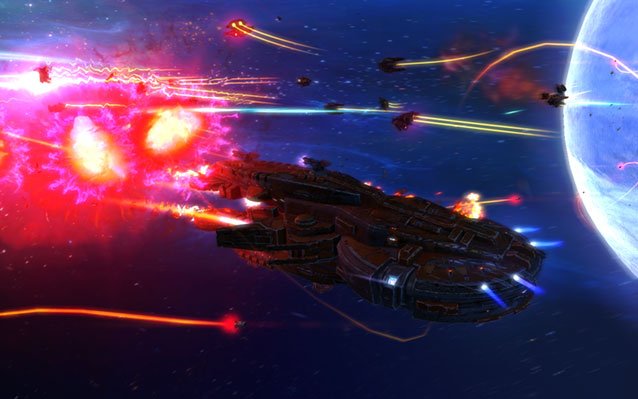
There are many themes to explore in a space game; some of my favorite space exploration titles, from Extrasolar to Alpha Centauri, delve into the ethics of interplanetary conquest and human interference in alien biology. Will this be addressed within Rebel Galaxy?
Erich: We're still hashing through our storyline, but no I wouldn't really say we explore grand ethical themes of civilizations colliding. But we do have fun dealing with ethics on a more personal scale. NPCs often offer missions that often have a variety solutions. On some you can threaten or even kill a pilot for a specific cargo, but the faction you're doing the mission for doesn't mind if you just buy the same cargo on the market.
There are violent solutions, peaceful solutions, cowardice, deceit and kindness. Not necessarily all in the same mission, but I've noticed players very quickly develop a personal moral style. Some play dark, responding with threats and bribes. Others feel like they have to help out every time they come across a distress beacon. Most players respond to system events like a Famine, but buying food and bringing it to the afflicted planet. But others see the relief ships and consider robbing them, or taking them out to allow the famine persist. I don't want to imply this gets really deep or heavy in tone, Rebel Galaxy is pretty goofy overall, but these choices seem to appeal to a lot of players.
Travis: As Erich says, this is more of a personal-level story. Your actions may interlock with bigger things going on in the universe, but from an ethical standpoint, it's more about your character's actions, rather than the implications of bigger societal interactions.

Recently a few indie game developers have opened up about the difficulties of success, and how money can negatively affect their creativity; some feel that having resources makes the process more difficult, in that the barriers that once forced them to be more creative are now gone. You’ve previously expressed that forming Double Damage has been a freeing experience that allows you to navigate the artistic process without the added pressures of pleasing investors. Do you still enjoy the same monetary freedom as you did with bigger studios, and if not, do you feel this has affected your work? If so, for better or worse?
Erich: Wow, those are a couple interesting articles, neither of which I'd seen before so thanks! "It's definitely easier to make games when no one is watching," could be sort of half of our mission statement at Double Damage. We're asking the question of ourselves: what can we get done if we don't have to worry about big studio concerns: fan expectations, investor worries, management and employee well-being, and much more?
There's a selfish side to it. We just want to do what we want to do. We don't want to explain our design choices or rally a team around an idea. We don't want to get consensus. We avoid extra responsibilities. But so far I think it's the right answer for us on how you follow up a "hit" game, while trying to maintain your sanity and enjoyment. So far it has indeed been a freeing experience.
The difficulties of success is a little stranger idea to me. Success is much, much less difficult than failure, I can assure you, having been involved with both over the years. I'm not sure it's so much the money or guilt that makes the development process harder following success. I think it's more the expectations game. That was most obvious at Blizzard, but also part of Torchlight 2. Follow -ups have an expectation of being better in every way. And if a game was a classic, the follow-up better be a classic, too, and bigger, and better than the competition. For a while that was paralyzing to us at Blizzard, but it seems like they've gotten past that in sort of the way we are trying: smaller teams and brand new game types, and mostly letting go of the mandate that every game has to the perfect game for every audience.
Travis: I think it's a hard to generalize about the difficulty of success because it almost always gets down to personality. The team that you start a game with is not the team you wind up with at the end of it, or on the next project - even if it's all the same people. Everyone deals with success, work, and life differently, and people aren't static. Your team's success and productivity changes as a result of a million individual changes that are just part of life. The only difference between failure and success is that if you succeed, you're still working together, and if you fail, you aren't. Maybe success just makes those problems of change more visible, since you're all in the same room.
I do think there's value in working against limitations, and I think that's pretty widely recognized. You're always more creative when your back is against the wall for time or resources. But I think plenty of folks can stay hungry and motivated even in the midst of success.
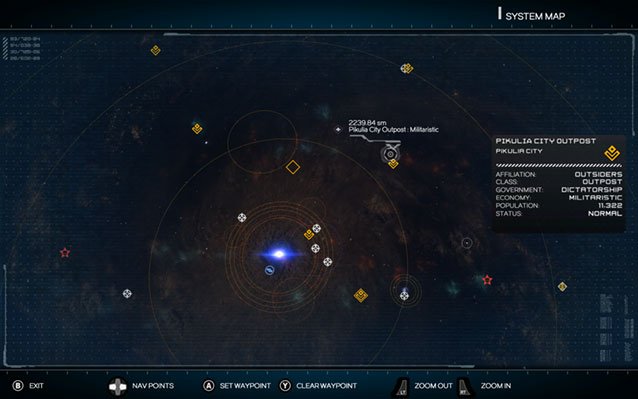
Rebel Galaxy is due on PlayStation 4 and PC sometime in 2015. Until then you can keep a watchful eye on their official site for updates.
This interview with Erich Schaefer and Travis Baldree was conducted by Holly Green on March 30, 2015 via email. It may not be reposted in its entirety without permission.
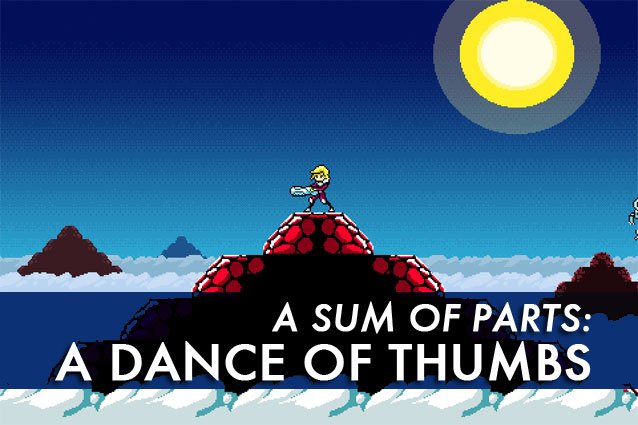
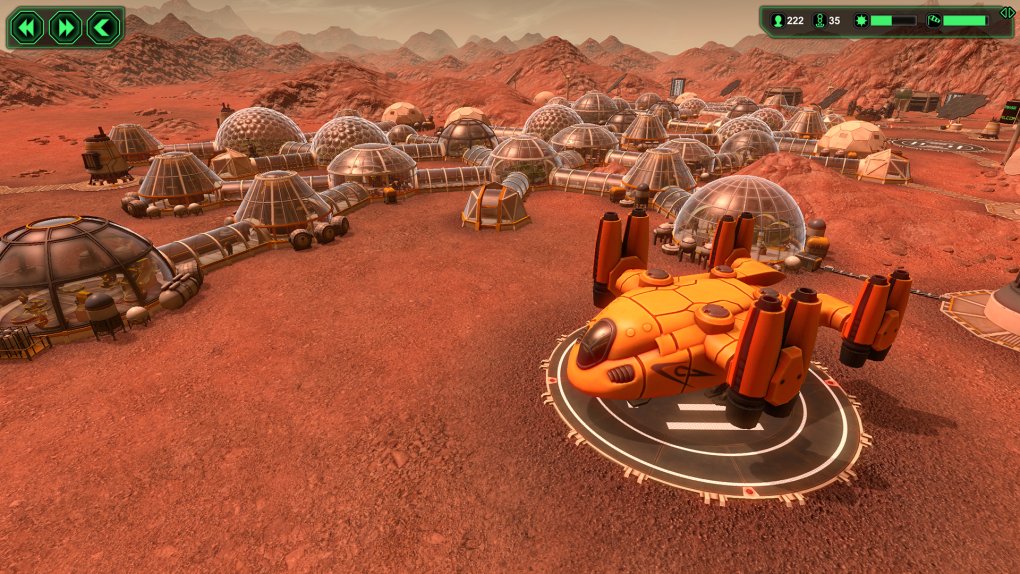

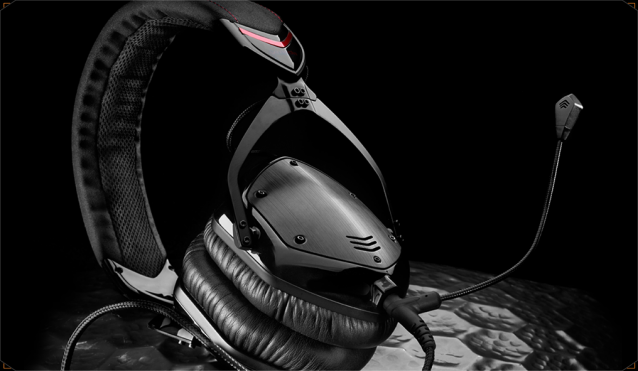
 Coachella Festival announces 2015 lineup - AC / DC, Jack White and Drake headlining
Coachella Festival announces 2015 lineup - AC / DC, Jack White and Drake headlining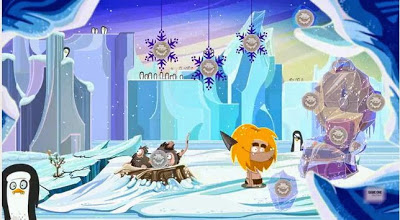 Fire (PC Game) walkthrough
Fire (PC Game) walkthrough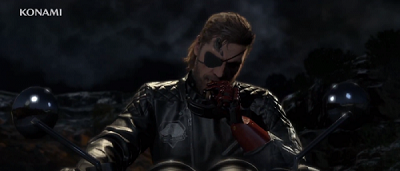 How to unlock Demon Snake and Demon Points in MGS V: The Phantom Pain
How to unlock Demon Snake and Demon Points in MGS V: The Phantom Pain Fallout 4: How to Kill Synths
Fallout 4: How to Kill Synths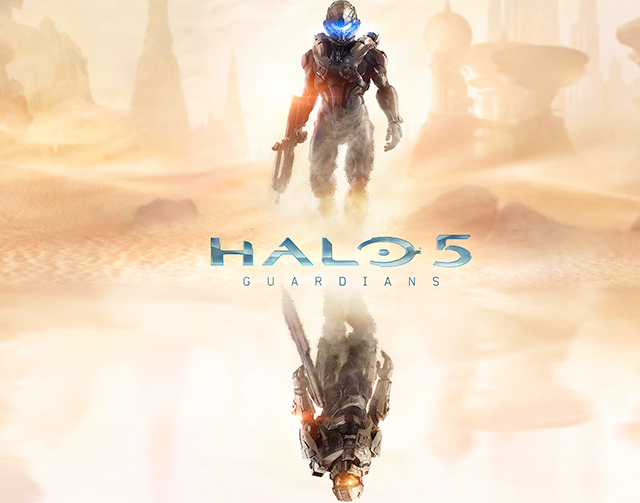 6 Games To Be Excited About At E3 2014
6 Games To Be Excited About At E3 2014